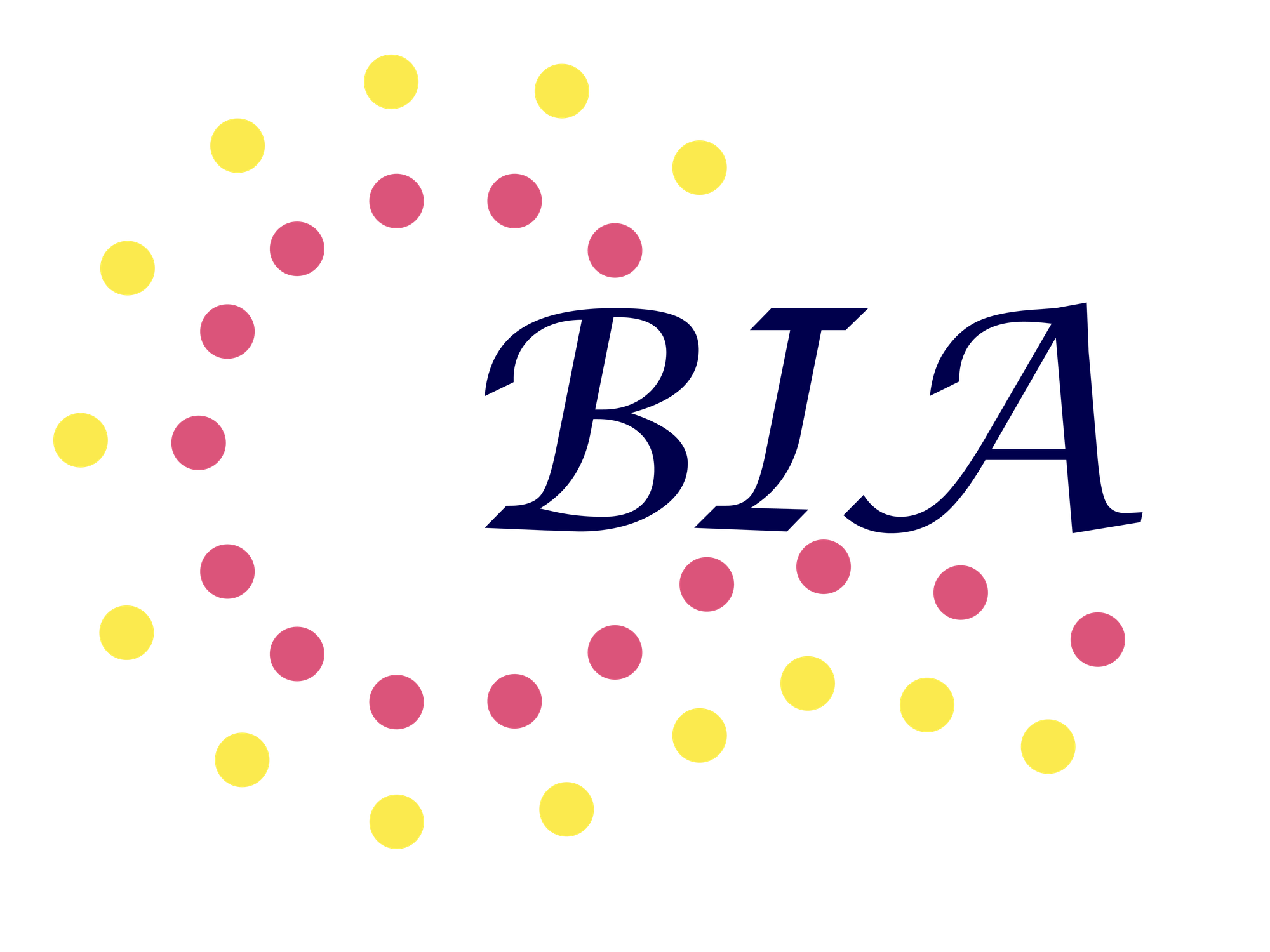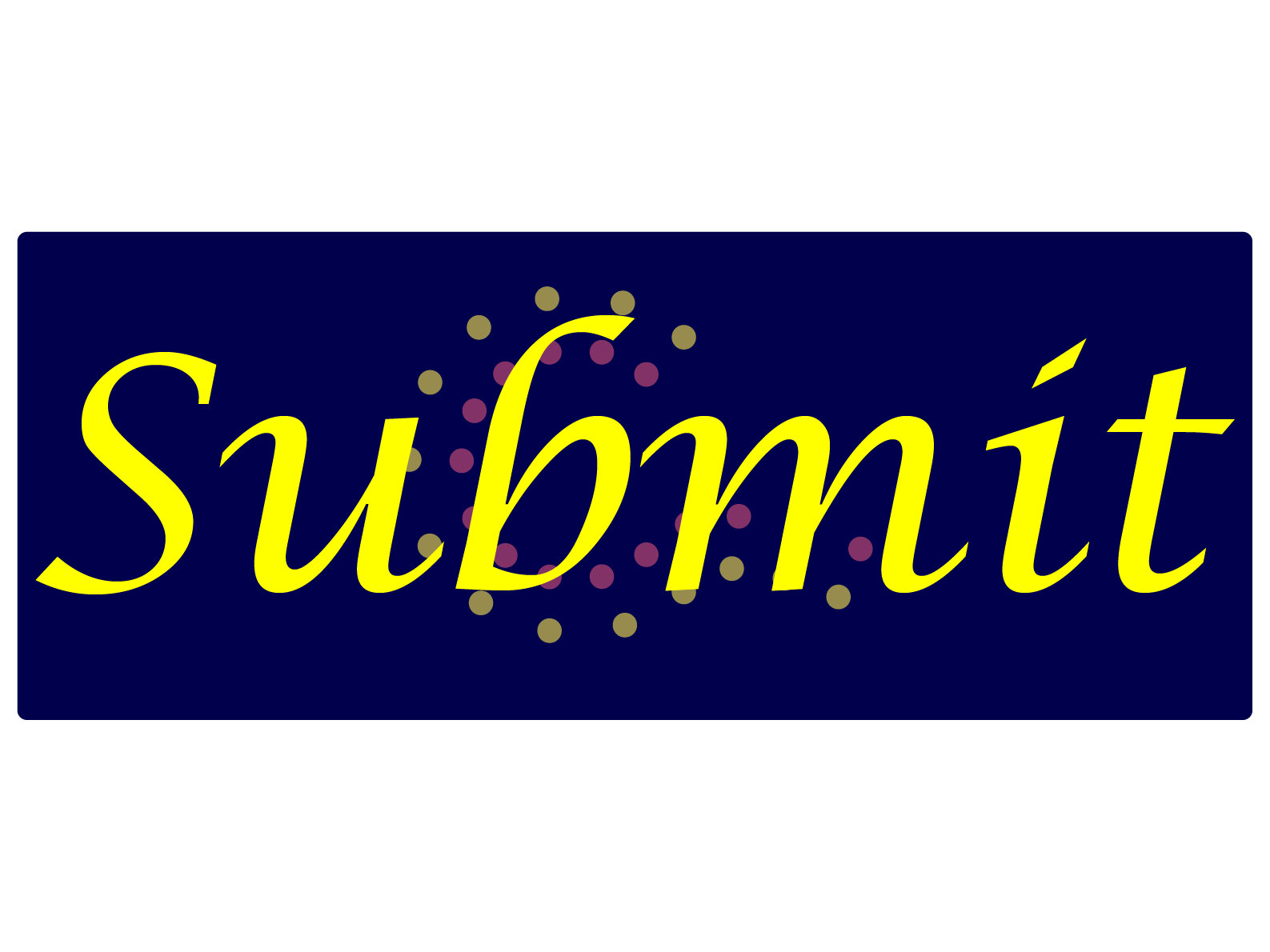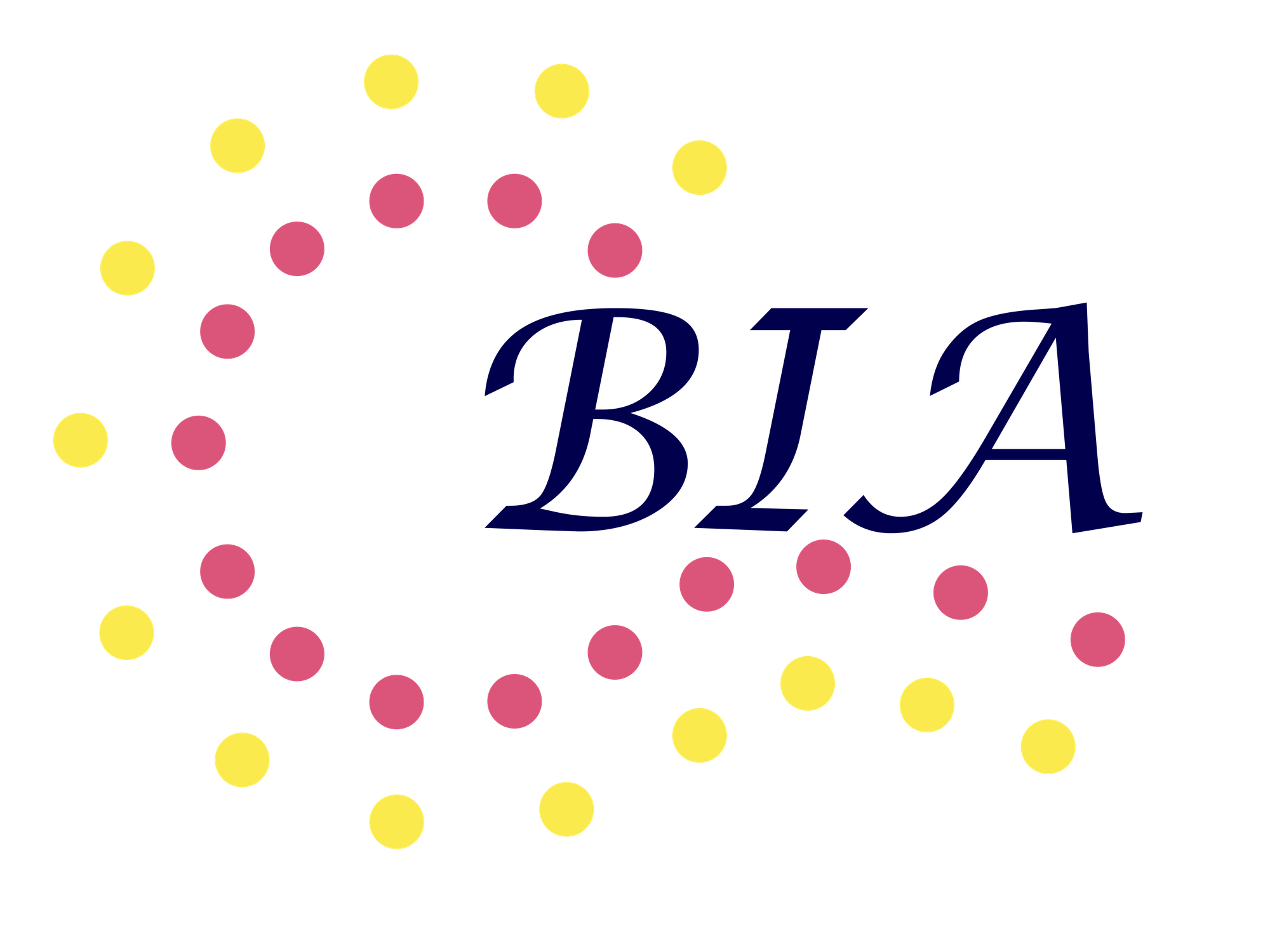SN Lab
Our slogan is "Read the past, Record the present, Sense the Future".

Our team
Kalin Kalinkov
Lab Member
Asst. Prof. Kalin Kalinkov,PhD Student is member of the Sensor Networks Laboratory at the Department of Communication Engineering and Technologies, Technical University of Varna.
Valentina Markova
Lab Head
Assoc. Prof. Valentina Markova, PhD is the Head of the Sensor Networks Laboratory at the Department of Communication Engineering and Technologies, Technical University of Varna.
SN Lab
Our slogan is "Read the past, Record the present, Sense the Future".

Publications
- Improved Peak Detection Algorithm for Photoplethysmographic Signals
- Algorithm for peak detection in the Skin Conductance Response component of the EDA signals
- Heart Rate Variability calculation methods
- CLAS: A Database for Cognitive Load, Affect and Stress Recognition
- Adaptive Feature Selection through Fisher Discriminant Ratio
- Front-end Processing of Physiological Signals for the Automated Detection of High-arousal Negative Valence Condition
- Automated stress level monitoring in mobile setup
- Overall design of the SLADE data acquisition system
- Technological support to stress-level monitoring
- Constrained attribute selection for stress detection based on physiological signals
- Automated Recognition of Affect and Stress evoked by Audio-Visual stimuli
- Three-step Attribute Selection for Stress Detection based on Physiological Signals
- Detection of Negative Emotions and High-Arousal Negative-Valence States on the Move
- High accuracy design and realization of fixed and variable allpass-based fractional delay digital filters
- Design and realization of efficient IIR digital filter structures based on sensitivity minimizations
- An algorithm for the design of multiplierless IIR filters as a parallel connection of two all-pass filters
- Cascaded multiplierless realizations of low sensitivities allpass based fractional delay filters
Projects

Ergo Research
The main goal of the project is to create new knowledge in the field of ergonomic through the use of artificial intelligence and information and communication technologies.
Learn More
iHMi
The main objective of the project is to create new knowledge and resources to support a thorough understanding of the nature and manifestations of stress, cognitive load, the degree of concentration and the creation of methods and automated means for qualitative and quantitative assessment of these phenomena, by observing physiological and behavioural meters.
Learn More
Observation and interpretation of physiological states through artificial intelligence
The project is geared towards creating a complete concept, modeling and experimentation of a system for monitoring and interpreting physiological conditions that can be used to track people's health or improve occupational safety in high-risk occupations.
Learn MoreBIA2021

The second edition of International Conference on Biomedical Innovations and Applications - BIA-2021 (to be held September 16 - 19, 2021, Varna, Bulgaria) aims to bring together researchers and professionals active in the fields of Biomedical Engineering and Information and Communications Technology and will offer new opportunities to foster the exchange ideas and international collaborations.
Accepted papers will be submitted for inclusion into IEEE Xplore. All conference papers included in IEEE Xplore will be indexed in the SCOPUS database.
International Conference on Biomedical Innovations and Applications - BIA-2019.
Call for papers
BIA 2021 (to be held September 16 - 19, 2021) is organized and sponsored by Technical University of Varna and technically supported by IEEE and IEEE Bulgaria CAS/SSC Joint Chapter.
Indexing: Accepted papers will be submitted for inclusion into IEEE Xplore . All conference papers included in IEEE Xplore will be indexed in the SCOPUS database.
Important dates:
- Full Paper Submission:
June 1, 2021July 1, 2021 - Acceptance Notification:
July 1, 2021July 31, 2021 - Final paper submission:
July 30, 2021August 31,2021 - Registration of Accepted papers by September 15, 2021
Paper submissions: We invite authors to submit original work of up to 4 pages. All submissions should be in English language. Each submission will be reviewed by at least two reviewers. Each author can appear in more than one paper.
The submission of papers is handled through the Easy Chair conference management system.
Paper Templates: All submissions must follow the MS Word or LaTeX IEEE manuscript templates provided by IEEE eXpress Conference Publishing:
Ethical Requirements:
- Each submission should present original work on a BIA-related topic.
- Plagiarism check will be performed before inclusion in the IEEE Xplore Digital Library.
- Each paper have to be presented by one of the authors.
Topics
 |
|
Organizers
Conference Chairman
Prof. Todor Ganchev - Technical University of Varna, Bulgaria
Technical Co-Chair
Assoc. Prof. Valentina Markova - Technical University of Varna, Bulgaria
Organizing Committee:
Prof. Vencislav Valchev - Technical University of Varna, Bulgaria
Prof. Karl Gudmundsson - University of Iceland - Háskóli Íslands, Iceland
Dr. Otilia Kocsis - University of Patras, Greece
Prof. Dagan Feng - University of Sydney, Australia
Assoc. Prof. Rossitza Goleva - IEEE Section Bulgaria
Assoc. Prof. Kiril Alexiev - IEEE Section Bulgaria
Assoc. Prof. Iosif Mporas - University of Hertfordshire, UK
Dr. Sonya Vachinska - Technical University of Varna, Bulgaria
Eng. Kalin Kalinkov - Technical University of Varna, Bulgaria
Eng. Prolet Deneva - Technical University of Varna, Bulgaria
Program Committee:
Prof. Ivan Ganchev - University of Limerick, Ireland; University of Plovdiv “Paisii Hilendarski”, BULGARIA
Prof. Evelina Pencheva – Technical University of Sofia, Bulgaria
Prof. Ivaylo Atanasov – Technical University of Sofia, Bulgaria
Assoc. Prof. Valentina Markova - Technical University of Varna, Bulgaria
Assoc. Prof. Rossitza Goleva - IEEE Section Bulgaria
Assoc. Prof. Kiril Alexiev - IEEE Section Bulgaria
Assoc. Prof. Iosif Mporas - University of Hertfordshire, UK
Dr. Theodoros Kostoulas - Bournemouth University, UK
Dr. Otilia Kocsis - University of Patras, Greece
Dr. Firgan Feradov - Technical University of Varna, Bulgaria

Registration
Programme
Agenda
| Sept. 24 | 9:00-10:00 10:00-11:00 11:00-17:00 | On site registration Keynote talk 1: "Gender and age of stimuli effects on emotion recognition", Prof. Anna Esposito, Università degli Studi della Campania "Luigi Vanvitelli", Italy Technical Sessions |
| Sept. 25 | 9:00-10:00 10:00-11:00 19:00 | Keynote talk 2: "Affective Computing: Applications and Impact ", Dr. Theodoros Kostoulas , Bournemouth University, UK Technical Sessions Conference Dinner |
| Sept. 26 | 10:00-11:00 | Keynote talk 3 |
| Sept. 27 | Excursion (not included in the registration fee) |
*The detailed technical programme will become available by the end of August 2020
Venue
Varna is the third-largest city in Bulgaria and the largest city and seaside resort on the Bulgarian Black Sea Coast. Situated strategically in the Gulf of Varna, the city has been a major economic, social and cultural centre for almost three millennia. Varna, historically known as Odessos, grew from a Thracian seaside settlement to a major seaport on the Black Sea.
The city is referred to as the maritime capital of Bulgaria and headquarters the Bulgarian Navy and merchant marine. In 2008, Varna was designated seat of the Black Sea Euroregion by the Council of Europe. In 2014, Varna was awarded the title of European Youth Capital 2017.
Visit the official tourist website of Varna.
CLAS
The CLAS (Cognitive Load, Affect and Stress) dataset was conceived as a freely accessible repository which is purposely developed to support research on the automated assessment of certain states of mind and the emotional condition of a person. This resource is intended to support RTD activities aiming at the development of intelligent human computer interaction (HCI) interfaces that incorporate functionalities allowing for the automated recognition of human emotions, the automated detection of stress conditions, the automated assessment of the degree of concentration, cognitive load, and momentary cognitive capacity, and can account for some personality traits related to the ability to quickly solve logical and mathematical problems under strict time constraints. These and other related functionalities open additional opportunities in support of the advancement of research on (i) intelligent human-machine interfaces in entertainment, e-Health, e-Learning, e-Government and other applications; (ii) improving the efficiency of human-robot collaboration systems; (iii) risk assessment and management systems in robotics and in high-risk professions (rescue crews, military, miners etc.); and (iv) a wide range of personal applications aiming at the enhancement of health-related quality of life and wellbeing.
The CLAS dataset is a resource of labeled physiological recordings, which contain synchronized ECG, PPG, EDA and acclerometer signals captured while the test subjects are involved in some purposely designed interactive or perceptive task. Specifically, the interactive tasks are designed to evaluate different aspects of the momentary cognitive load, the degree of attention and concentration, or the cognitive capacity of a person. Specifically, in the interactive tasks the test subject is presented with a set of purposely designed mathematical and logical problems with the strict requirement for prompt response within a short time window.In the perceptive tasks, the test subjects are exposed to a series of carefully selected stimuli which aim to elicit emotions. In the perceptive tasks the test subjects typically receive instructions to simply watch the images or to follow the video clips. More details here.
Although the particular focus of our research is on the states of mind associated with negative emotions, mental strain and high cognitive effort, the CLAS dataset could offer an adequate support to research of a wider scope, such as general studies on attention assessment, cognitive load assessment, emotion recognition, as well as stress detection.
When using the CLAS dataset, please cite:
Markova, V., Ganchev, T., Kalinkov, K. (2019). CLAS: A Database for Cognitive Load, Affect and Stress Recognition, in Proceedings of the International Conference on Biomedical Innovations and Applications, (BIA-2019), art. no. 8967457, DOI: 10.1109/BIA48344.2019.8967457. Available on-line: https://ieeexplore.ieee.org/document/8967457
You can freely access a sample (PPG, ECG, EDA, Accelerometer) from here.
For receiving access to the whole CLAS dataset, please follow the procedure bellow:
- To receive the password for the dataset, please sign the EULA , scan it and send it back via this form or via email available at the Contact page, if the form is not accessible at the time of signing.
- We will send you the password within three working days
- Download the CLAS Dataset1 (password protected).
1Compressed size - 2.03 GB, Uncompressed size - 13.9 GB, we recommend using 7-zip for extraction.
Events
Students Area
Contact
- Technical University - Varna, ул. Студентска, Варна
The Motion-Capture Dataset in support of MSD research
The Motion-Capture Dataset in support of MSD research (MCD-MSD) is freely available. It can be downloaded here.
The MCD-MSD dataset consists of motion capture data, images, videos, and models, created in an experimental setup that uses the Perception Neuron motion-capture system and the Axis Neuron software tool. Specifically, in the current research, we consider three main recording scenarios:∙
SK – regular working posture when using a standard keyboard;
EK - regular working posture when using an ergonomic keyboard;
EKC – correct working posture when using an ergonomic keyboard;
Please, cite as: F. Feradov, V. Markova, T. Ganchev, “Automated detection of improper sitting postures in computer users based on motion capture sensors”, Computers 2022, 11, x. https://doi.org/10.3390/xxxxx














































